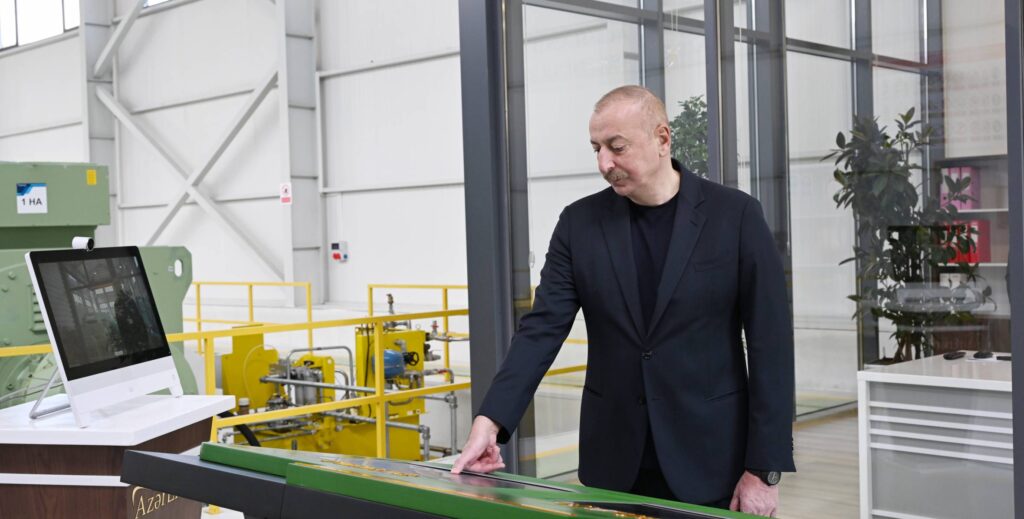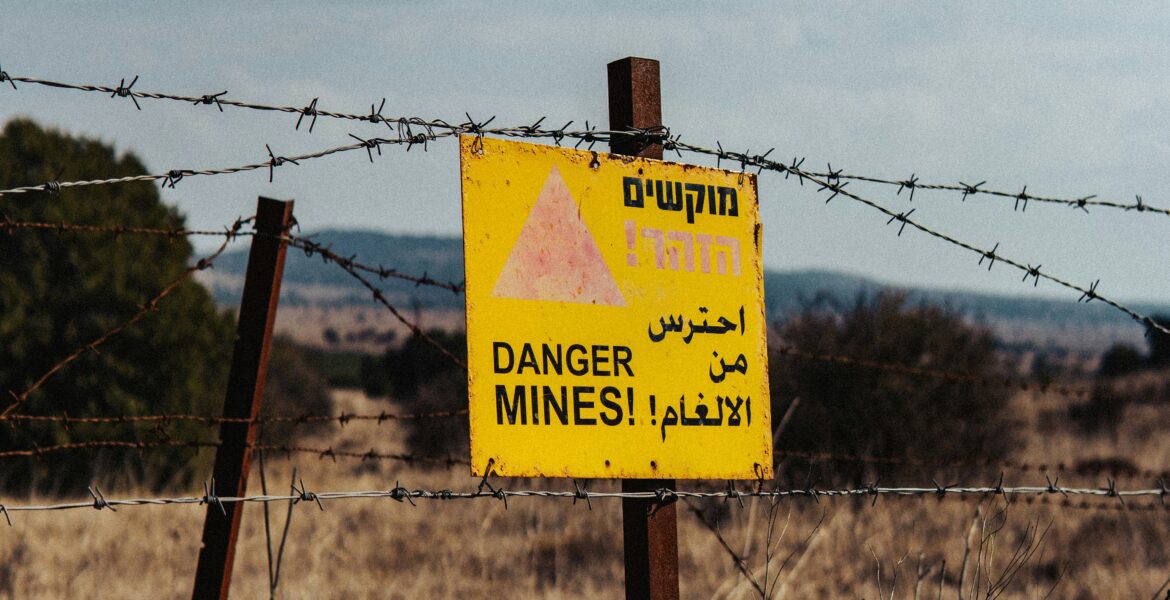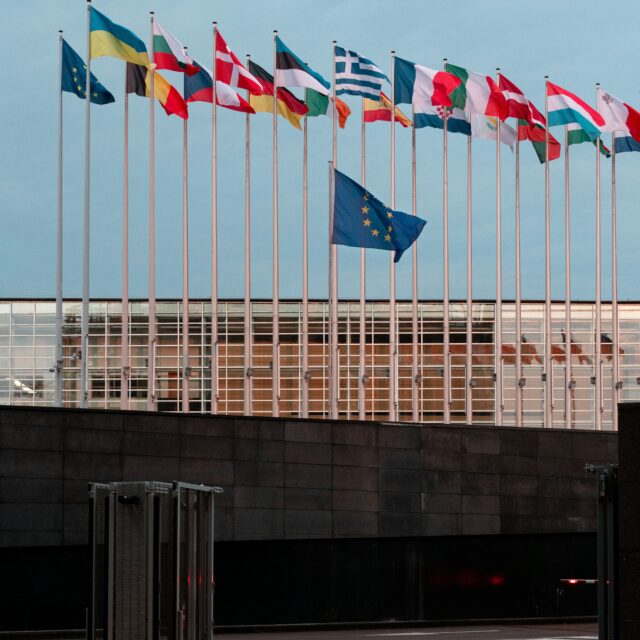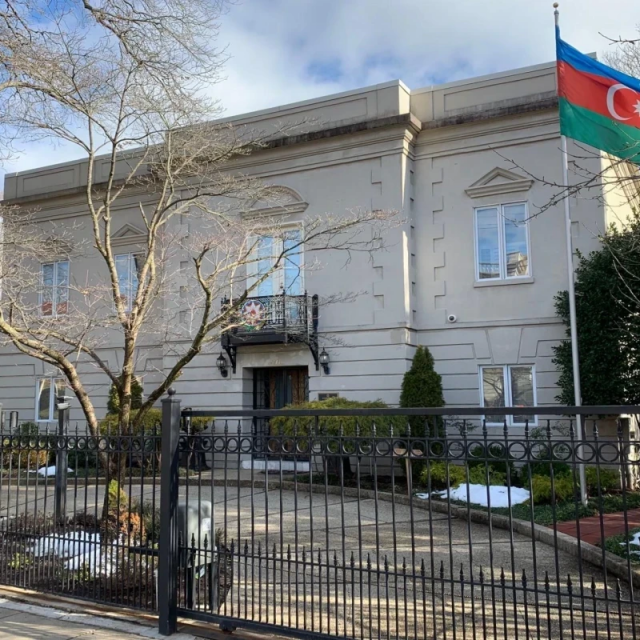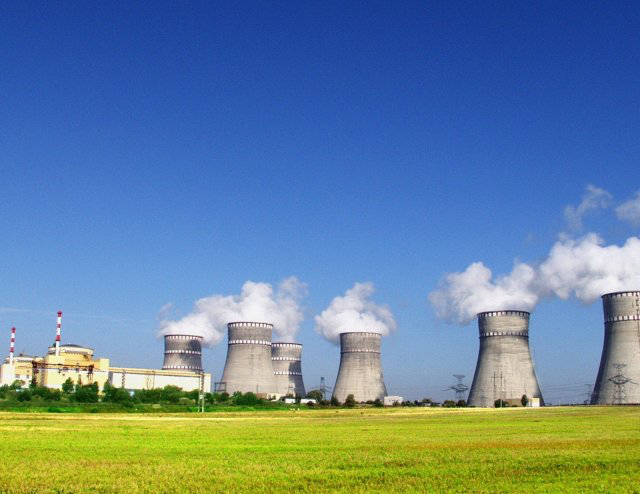We publish here in full the text of the address of President of Azerbaijan Ilham Aliyev to the International Conference entitled “Mitigating Environmental Impact of Landmines: Resource Mobilization for Safe and Green Future.”
Today, mines and unexploded ordnance continue to remain an acute problem posing threat to people’s security across many countries. Along with jeopardising human life, the mines seriously challenge socioeconomic development, damage the environment and cultural heritage, hinder post-war recovery and development initiatives, and ultimately impede the Sustainable Development Goals, even decades after wars have ended.
While mine explosions pose a threat to people’s lives and put their very right to live into question, they also significantly damage the environment. Plastic waste resulting from an explosion entails environmental consequences by negatively impacting soil structure. Mines that remain unearthed for a long time can lead to hazardous chemical reactions. The soil not in use due to threat of mines is subjected to erosion and abrasion. Therefore, it is particularly significant that today’s conference is organized in the run-up to the 29th Session of the Conference of the Parties to the UN Framework Convention on Climate Change – COP29, which Azerbaijan will host.
Azerbaijan is bearing the brunt of a 30-year long conflict and occupation of its lands by Armenia, suffering from mine pollution problem and stands among the most mine-polluted countries of the world. According to initial estimates, roughly 12 percent of the country’s territory is polluted by 1.5 million mines and an unknown number of unexploded ordnances.
Since the end of the war in 2020, 361 of our citizens, mostly civilians, have fallen victim to mine explosion, resulting in 68 deaths and 293 severe injuries. Overall, since the beginning of Armenia’s aggression against Azerbaijan, over 3400 of our citizens have suffered from mines, including 358 children and 38 women. The steady increase in the number of mine victims is associated with Armenia’s refusal to provide the accurate maps of the mines it planted across Azerbaijan’s territory, and with placing booby traps along the roads, cemeteries, and other civilian facilities located behind the former line of contact. From 2020 to 2023, new mine zones were created stretching up to 500 kilometers, new mines had been planted in Azerbaijan. Responsibility for that rests with Armenia.
Challenges we face on demining also hamper our development and recovery efforts, creating serious obstacles for the return of 800 000 formerly displaced persons.
Humanitarian demining is among the top priorities of Azerbaijan’s state policies, and the foundation of that was laid by the National Leader of the Azerbaijani people – Heydar Aliyev. Today, the primary body in charge of humanitarian demining in Azerbaijan is the Mine Action Agency of the Republic of Azerbaijan – ANAMA.
So far, some 140 thousand hectares have been cleared of 119,946 mines and unexploded ordnances. Yet, mined areas stretch far beyond that. Mines are easy to plant but mine clearance is much more difficult and complex process. In a short span of time, Azerbaijan has mobilized all its strength, and is using the most advanced and cutting-edge technologies available worldwide. We are implementing measures to enhance efficiency in mine clearance, and our capabilities have significantly improved compared to previous years. All-women demining teams have also been deployed since last year.
Our country is implementing humanitarian demining at its own expense. Adequate political and practical support from the international community for mitigating humanitarian consequences of mines and demining the affected areas are of utmost significance.
While addressing its mine problem, Azerbaijan has simultaneously launched multiple initiatives to rivet the international community’s attention to this matter. As you may know, last year our country has officially declared humanitarian demining as the 18th National Sustainable Development Goal, and we are working to ensure the recognition of this issue as the UN’s Global 18th SDG. In the meantime, Azerbaijan has launched an initiative to establish a Special Contact Group on Humanitarian Demining within the Non-Aligned Movement. The Contact Group has begun operating since last September.
At the 15th meeting of the states-parties to the “1954 Hague Convention for the Protection of Cultural Property in the Event of Armed Conflict,” held in 2013, a resolution titled “The Impact of Mines on Cultural Heritage” was adopted upon Azerbaijan’s initiative. As a follow-up to this momentous resolution, Azerbaijan hosted a special conference in Aghdam this May, themed “The Impact of Mines and Unexploded Ordnance on Cultural Property.”
In the past three years, our country has hosted a number of international conferences, in collaboration with the UN, dedicated to the subject of mines. Along with being leading platforms for the discussion of mine action matters, these events draw greater attention to this significant problem that troubles humanity in the modern era. Presently, Azerbaijan is working with the UN to establish the “Center of Excellence” to provide education on the mine action. A letter of intent is due to be signed between the ANAMA and the UN Development Programme on the sidelines of this Conference. This notable development will allow Azerbaijan to share its expertise with the countries that face similar problems.
Today’s event demonstrates Azerbaijan’s determination to tackle the mine issue, one of the challenges of modern times. I believe that this conference will contribute to addressing the problem of mines and their consequences, including the environmental impact, as well as to the exchange of advanced experience in the area of the mine action.
The Author, Ilham Aliyev, is President of the Republic of Azerbaijan
